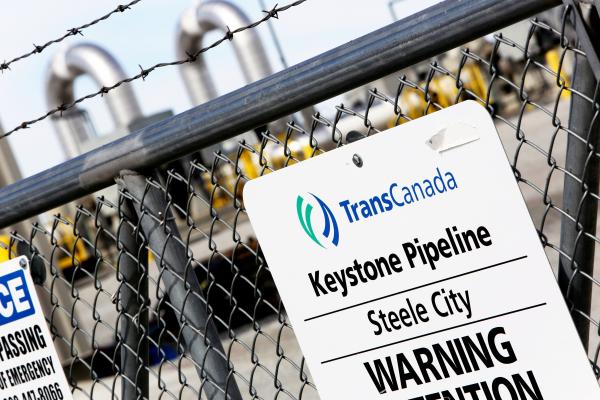Nov 20, 2017
The Commission was tasked with determining whether the project is in the state's interest, but was prohibited from evaluating environmental issues because the pipeline already has an environmental permit.
Though the Obama administration rejected the project in 2015 on environmental grounds, President Trump reversed the decision in March 2017, saying the construction of the pipeline would produce increased jobs and decreased fuel prices. The reversal of the decision has been met with staunch opposition by those fighting for environmenal justice and indigenous rights.
Read the Full Article

Already a subscriber? Login
